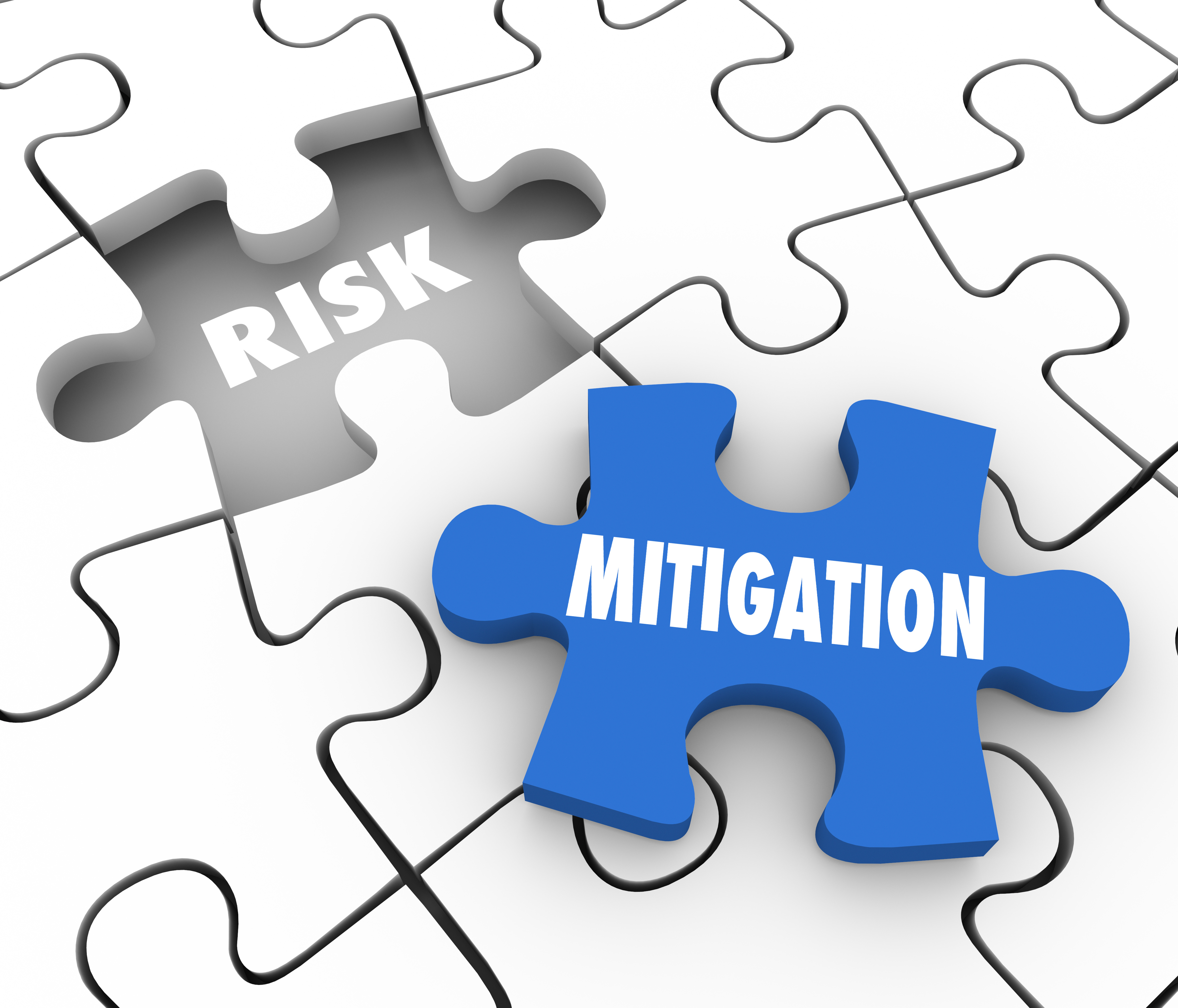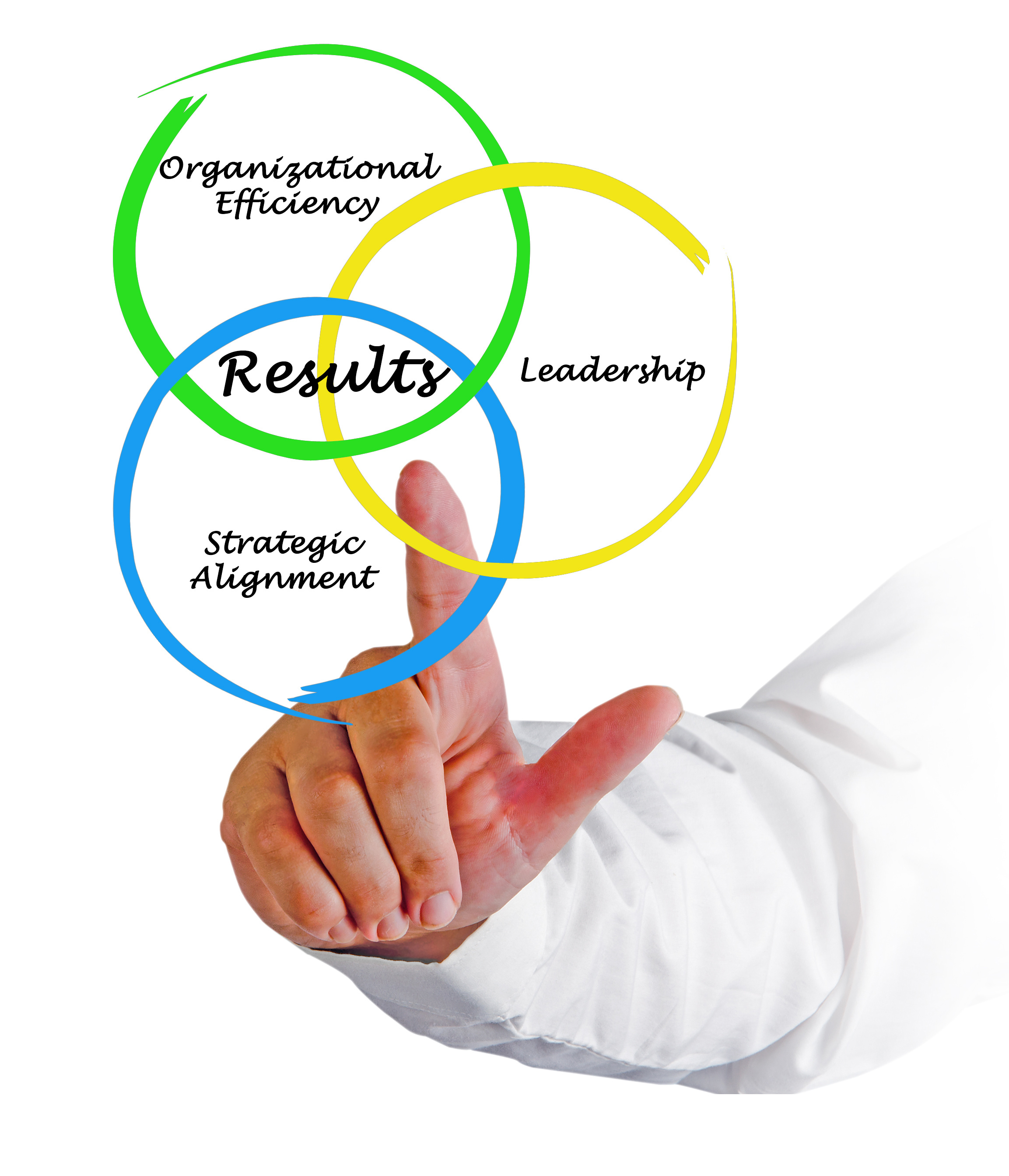7 considerations for developing the right Business Skills, Competencies and Maturity Levels
.svg)



7 considerations for developing the right Business Skills, Competencies and Maturity Levels
Business Skills, Competencies & Maturity Levels
Treat your People as your most valuable assets
Many organisations today are undermining their staff’s well-being through endless rounds of cost cutting and redundancy programmes which are cutting staffing levels down to the bare bones. The staff that are left are expected to work longer hours to get through the same volume of work and this is not a sustainable business model. People are the lifeblood of the business treat them with the respect they deserve and provide opportunities to allow them to enhance their skills, experience, competencies and maturity levels.
Recruit the Right Team
Many organisations fail to build the right management team to move the organisation forward. Success depends on building a well-oiled team that compliments and challenges each other but understand the importance of pulling together in the same direction to deliver the strategy, vision, objectives and targets set.
Invest in developing the required skills and capabilities
Many organisations fail to sufficiently forward plan the development of the capabilities they need to operate their business effectively and provide customers with the quality of product expected and level of service required now and in the future. Smart organisations ensure that every function, line of business and geographic region has a clear handle on the skills, experience and capabilities they require in the future and whether what they have today is sufficient. Where gaps today are identified they should be used to drive recruitment, staff development planning and training needs.
Maturity and competency assessments
Many organisations fail to regularly evaluate the maturity of staff knowledge, skills, experience and track records. They fail to appreciate the importance of keeping staff knowledge current, relevant and up to date. Smart organisations conduct maturity assessments frequently to pinpoint where there are gaps that need to be addressed. This in turn helps to inform staff development and training plans. Smart organisations understand how their staff go about their daily work and how efficient and effectively they conduct it. They also seek to ensure that their staff develop the right attitude towards their work in addition to developing the right skills and knowledge.

Maturity benchmarking
Many organisations not only struggle to assess their own internal maturity but also to benchmark their maturity against their competitors this helps the organisation to understand not only where their strengths and weaknesses are but also where their competitors are. This information in turn helps the management team to work out how best to position themselves against the competition.
Don’t underinvest in Training, but do re-focus scarce training funds
Many organisations have cutback significantly on their training budgets in recent years as the global recession has dominated planning and investment. Smart organisations realise that the trick is to focus scarce training funds on the staff and topic areas that will deliver the biggest return for the organisation for example, product and service innovation, market research, sales and customer service.
Don’t cut-back on developing the team
Many organisations fall into the trap of concentrating on training the individual but not training the team to act as a team. Smart organisations are investing more in building a ‘One Organisation’ culture across the breadth of the enterprise. This helps to overcome departmental, functional, line of business and geographic barriers to working together in a more integrated and joined-up way. Encourage collaborative thinking, proposition development, cross-selling and marketing, and innovation activities to help stimulate shared understanding and generate growth opportunities.








.svg)






.svg)

